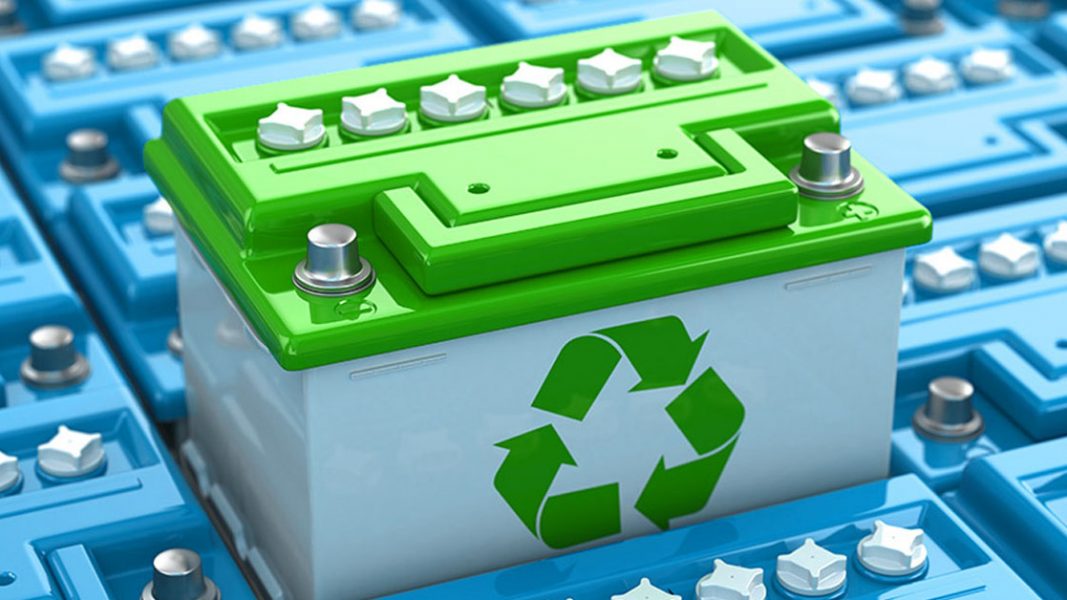India’s Tata Group, a leading multinational conglomerate, has entered into an outline deal to construct a lithium-ion cell factory in Gujarat, India. With an investment of approximately 130 billion rupees ($1.58 billion), the plant aims to bolster the country’s electric vehicle (EV) supply chain and reduce its dependence on battery imports. The initiative aligns with India’s goal of achieving 100% electric vehicle adoption and curbing carbon emissions by 50% by 2030.
Plant Details and Expansion Plans:
The memorandum of understanding, signed between Tata’s unit Agratas Energy Storage Solutions and the government of Gujarat, outlines the establishment of the EV battery plant in Sanand, northern Gujarat. Construction of the facility is anticipated to commence within three years. The initial phase will witness a manufacturing capacity of 20 Gigawatt hours (GWh), with provisions for doubling the capacity in a subsequent expansion.
Buy Prime Test Series for all Banking, SSC, Insurance & other exams
India’s First Lithium-Ion Cell Manufacturing Gigafactory:
The proposed plant, backed by an initial investment of $1.6 billion, holds the distinction of being India’s first lithium-ion cell manufacturing gigafactory. This significant step forward will pave the way for the domestic production of batteries, a crucial component for electric vehicles. The state government’s press release highlights that the plant is projected to generate employment opportunities for over 13,000 individuals, further stimulating economic growth in the region.
Boosting EV Production and Reducing Carbon Emissions:
The collaboration between Tata Group and the Gujarat government aims to accelerate electric vehicle production in the state, contributing to the nation’s carbon emission reduction targets. Gujarat intends to achieve a 50% decrease in carbon emissions and adopt 100% electric vehicles by 2030. The establishment of the battery plant in Sanand will play a pivotal role in achieving these goals, providing a localized and sustainable solution for battery production.
Challenges and Future Outlook:
While India strives to become net zero by 2070, its ambitious target of having electric vehicles constitute 30% of all new automotive sales by 2030 necessitates a robust domestic battery manufacturing sector. Currently, India relies heavily on battery imports from China, Japan, and South Korea for its EV production. The Tata Group’s investment in the EV battery plant marks a significant step toward achieving self-sufficiency in battery production, reducing dependency on foreign markets, and bolstering the country’s electric vehicle industry.
Also Read:
- ADB and India Sign $141.12 Million Loan for Industrial Corridor Development in Andhra Pradesh
- Blackstone acquires International Gemological Institute




 Montana Unveils Its First Mahatma Gandhi...
Montana Unveils Its First Mahatma Gandhi...
 Women Hold Only 64% of Men’s Legal Right...
Women Hold Only 64% of Men’s Legal Right...
 Veteran Editor and Former Ambassador HK ...
Veteran Editor and Former Ambassador HK ...








